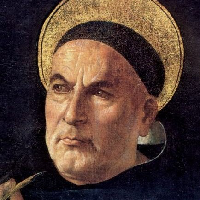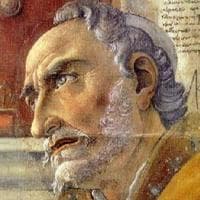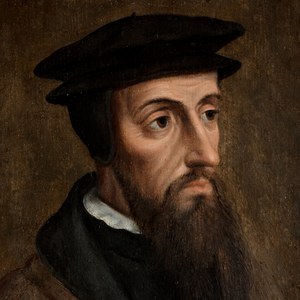George Fox نوع شخصية MBTI
شخصية
"ما نوع الشخصية George Fox؟ George Fox هو نوع ENFP في mbti ، 9w8 - so/sp - 152 في enneagram ، في Big 5 ، EII في Socionics."
A young man, George Fox, was dissatisfied with the teachings of the Church of England and nonconformists. He had a revelation that "there is one, even, Christ Jesus, who can speak to thy condition", and became convinced that it was possible to have a direct experience of Christ without the aid of ordained clergy. In 1652 he had a vision on Pendle Hill in Lancashire, England, in which he believed that "the Lord let me see in what places he had a great people to be gathered". 1650, Fox was brought before the magistrates Gervase Bennet and Nathaniel Barton, on a charge of religious blasphemy. According to Fox's autobiography, Bennet "was the first that called us Quakers, because I bade them tremble at the word of the Lord". Quakers also described themselves using terms such as true Christianity, Saints, Children of the Light, and Friends of the Truth, reflecting terms used in the New Testament by members of the early Christian church. With the restructuring of the family and household came new roles for women; Fox and Fell viewed the Quaker mother as essential to developing "holy conversation" in her children and husband. Quaker women were also responsible for the spirituality of the larger community, coming together in "meetings" that regulated marriage and domestic behaviour.
سيرة شخصية
George Fox (July 1624 – 13 January 1691) was an English Dissenter, who was a founder of the Religious Society of Friends, commonly known as the Quakers or Friends. The son of a Leicestershire weaver, he lived in times of social upheaval and war. He rebelled against the religious and political authorities by proposing an unusual, uncompromising approach to the Christian faith. He travelled throughout Britain as a dissenting preacher, often being persecuted by the disapproving authorities. His ministry expanded and he made tours of North America and the Low Countries.
شخصية correlate

Martin Luther

Saint Thomas Aquinas

Saint Augustine of Hippo

Saint Francis of Assisi

Joseph Smith

John Calvin

Saint George

Archangel Azrael





